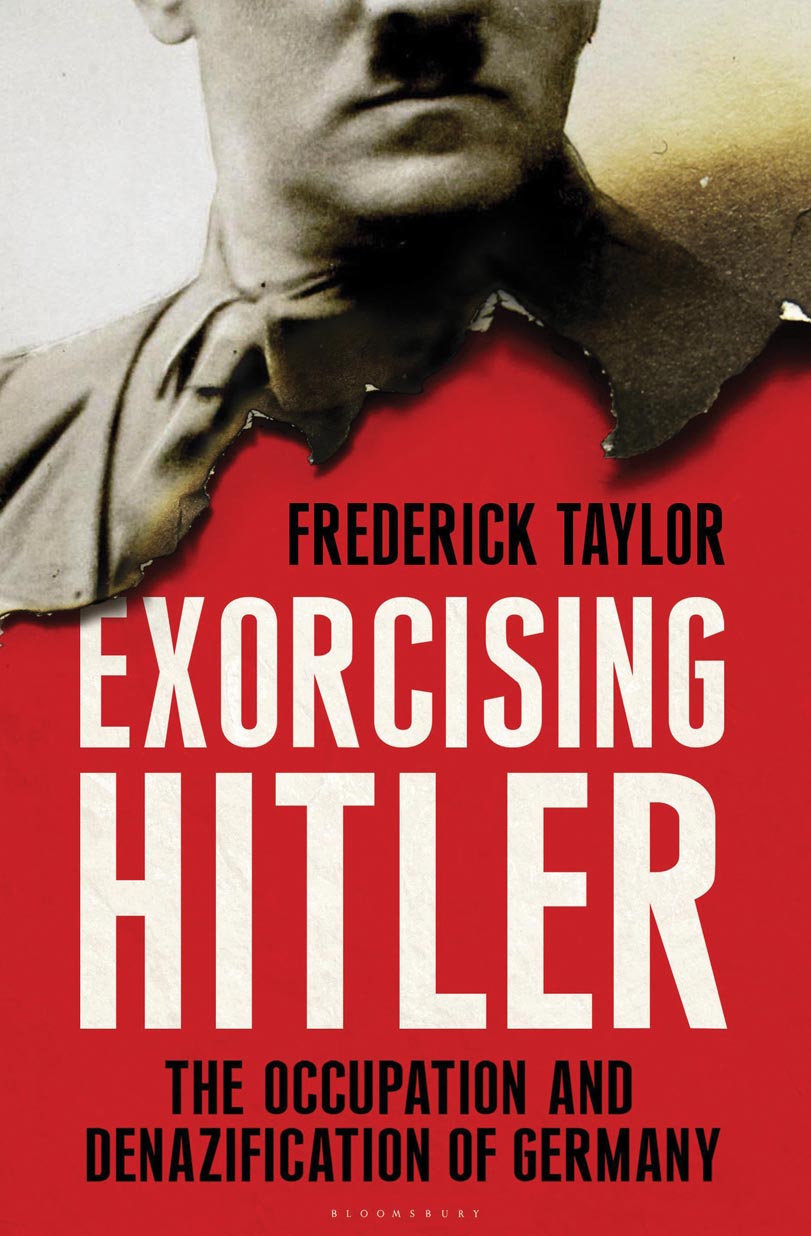
Exorcising Hitler
The Occupation and Denazification of Germany
کتاب های مرتبط
- اطلاعات
- نقد و بررسی
- دیدگاه کاربران
نقد و بررسی

February 28, 2011
The complex, often contradictory project of ruling and defanging a defeated Germany is probed in this evocative but scattershot history. Starting with the apocalyptic close of WWII in Germany, its cities bombed to rubble and its population subjected to mass rape and other atrocities—tongues were nailed to tables—by the Red Army, British historian Taylor (The Berlin Wall) surveys the occupation policies of the Allied victors. His lucid narrative shows a variegated picture: brutal in the Soviet zone, relatively humane in the American, British, and French sectors, but everywhere a landscape of hunger, cold, and—in German eyes—humiliation. Lengthy chapters on efforts to bring to account millions of ex–Nazi Party members shows these efforts to have been erratic, corrupt, and ineffective. Taylor makes excellent use of original sources to convey the occupation's psychological dimensions, but struggles with historical perspective. He overemphasizes sidelights, like the feeble Nazi Werwolf guerrilla resistance, but relegates crucial developments like currency reform and the resurrection of democratic politics to a sketchy epilogue. One gets the sense that it was the war itself that reconciled exhausted and disillusioned Germans to peace, and not the occupation, which emerges as a tense interlude between trauma and reconstruction. B&w inserts and maps.

Starred review from January 15, 2011
A deeply compelling study of the peace enforced on Germany by the Allied victors at the close of World War II.
British historian Taylor (The Berlin Wall: A World Divided, 1961–1989, 2007, etc.) builds on the important work of Perry Biddiscombe and others in fashioning a more complete story of the messy "enforced transformation" of Germany after the demise of the Third Reich. Gen. Eisenhower had declared in 1945 that Americans came "not as liberators but as conquerors," emphasizing the shared German guilt, yet in a 1995 poll more than half the German population still held to the notion that VE-Day was "a day of liberation." Taylor carefully weighs the evidence on both sides, Allied and German, for a portrait of a terrible time and utterly traumatized populations: the Russians making their way into the eastern provinces of Germany in early 1945, speeding toward Berlin, "living witnesses of the fact that at least 25 million of their compatriots...had died in battle, or by massacre, and often by deliberate starvation" at the instigation of the Nazis, and in no mood for the niceties of prisoner treatment; and the despairing German civilians deserted and duped by Hitler, left to endure the onslaught of Russian revenge in the form of pillaging, mass rape, torture and murder. The Nazi propaganda machine had preyed on German anger at the bombings of German cities and the fear of Allied retaliation. Still, many Germans fled westward to be able to seek refuge in American and British hands, as news of Russian brutality spread. Those who survived the ravages of Stunde Null, "zero hour," feared that Germany would simply cease to exist. While the Allied occupation and restructuring weren't perfect, Germany in short order became an economic powerhouse, putting off a moral examination of their wartime conduct for a 20-year "sleep cure."
Hard-hitting yet evenhanded, Taylor's work holds tremendous relevance for our time.
(COPYRIGHT (2011) KIRKUS REVIEWS/NIELSEN BUSINESS MEDIA, INC. ALL RIGHTS RESERVED.)

March 15, 2011
Although it seems as if a new book comes out on either World War II or the Cold War every week, the same cannot be said for Taylor's (The Berlin Wall: A World Divided, 1961-1989) subject. For Germany, the early years after World War II were a frightful mix of chaos, a terrible economy, and the wrath of the victors (especially the Soviets). The country was divided into two parts, with two governments of opposing ideologies. The fear of a revival of the hated Nazi Party drove the occupying nations to relentlessly identify, convict, and remove all vestiges of the Nazi regime. Of course, doing so was much more difficult in practice; thus many former Nazis escaped punishment and resumed their prewar lives. VERDICT Taylor expands on such previous books as Giles MacDonogh's After the Reich and Perry Biddiscombe's The Denazification of Germany and provides a smoothly written and well-researched history of this tumultuous period in the middle of the 20th-century. Recommended for all 20th-century history collections.--Ed Goedeken, Iowa State Univ. Lib., Ames
Copyright 2011 Library Journal, LLC Used with permission.

























دیدگاه کاربران